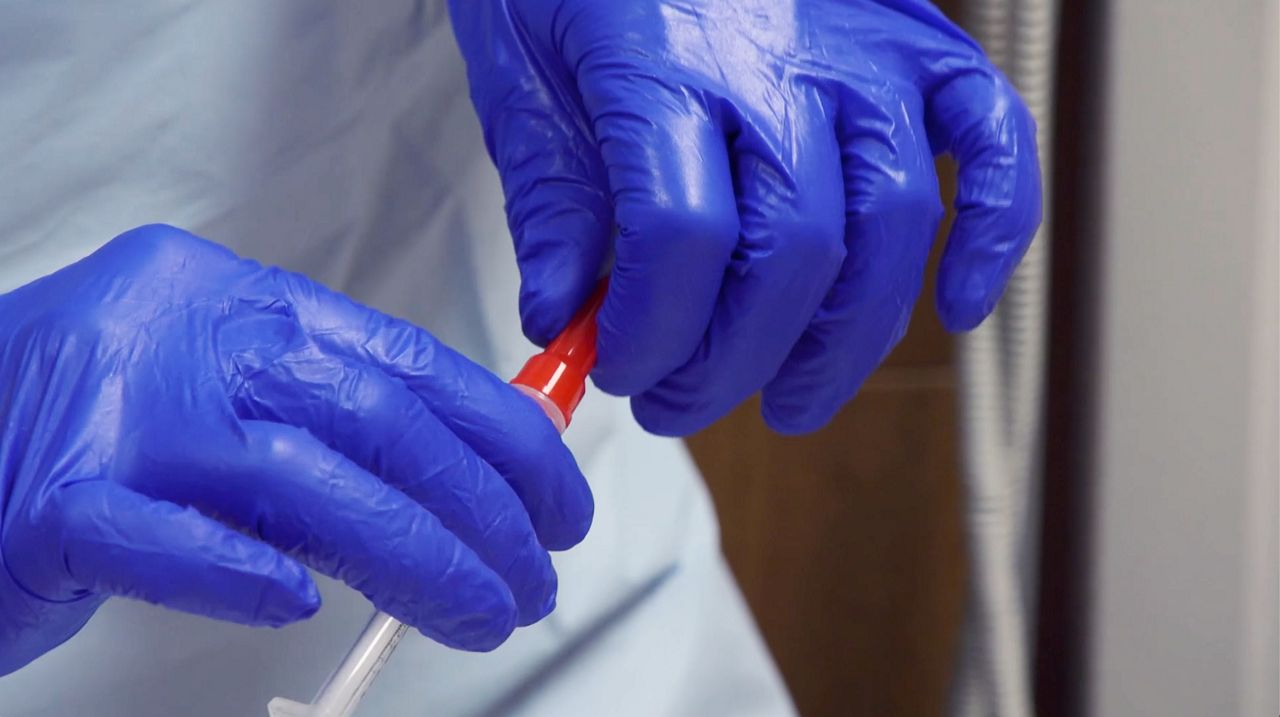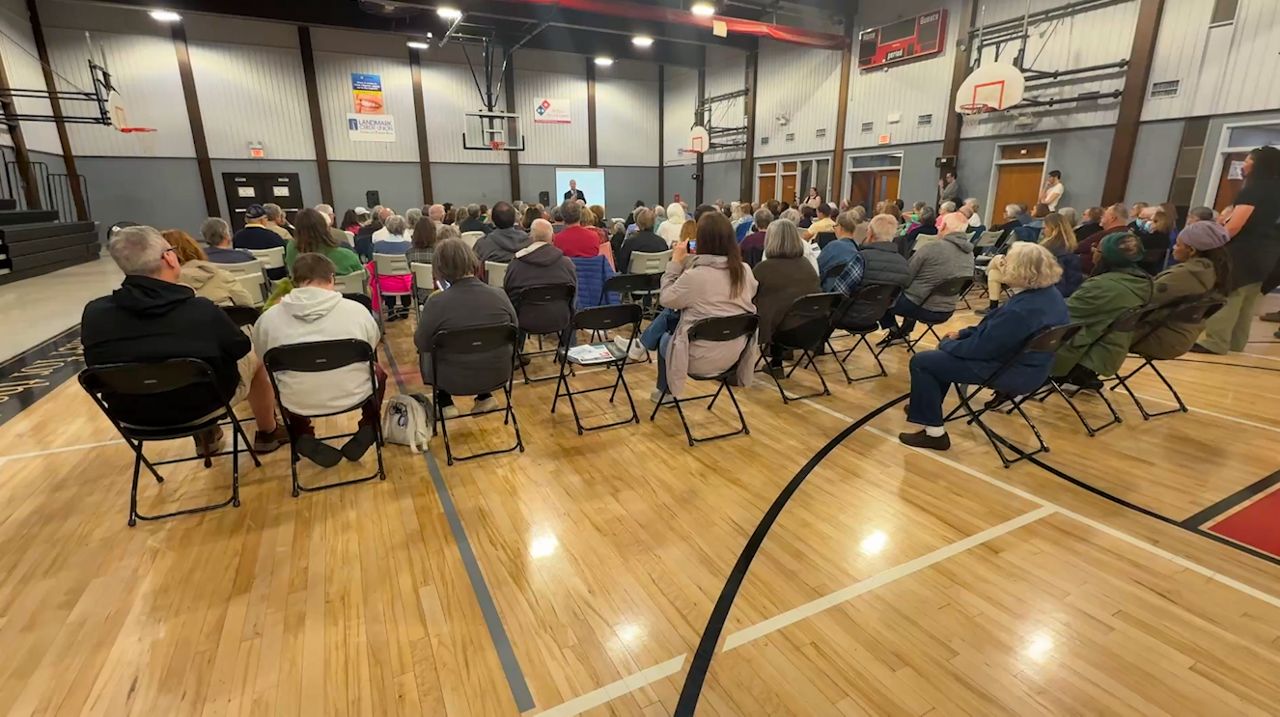MADISON, Wis. — A Madison researcher said she was proud to be the first in the country to receive the first shot of the novel breast cancer vaccine trial.
University of Wisconsin-Madison School of Pharmacy Professor Dr. Eva Vivian said after her own brave battle with triple negative breast cancer in 2019, she was honored to be the first to pioneer the shot — and do so at UW Health.
She said she hopes one day, her effort makes a difference for women around the world.
“I feel this, that this vaccine, could just open the door to preventing breast cancer for many women and it would save many lives,” Vivian said.
Surgical Oncologist Dr. Lee Wilke echoed the excitement about the Phase 2 clinical trial with the DNA-type vaccine.
“What we’re really looking to figure out is can the patients mount an immune response to these features of a triple negative cancer, and we’re hoping it will advance to clinical Phase 3 trial,” Wilke said.

Wilke said she was surprised to learn that Vivian had been selected as the pioneer patient, but that she believes Vivian makes the perfect candidate because of her background.
“Eva [Dr. Vivian] is a researcher and is interested in advancing and improving disparities in health care, and this is one way to do this because a triple negative breast cancer can be more prevalent in African American women as Eva has learned,” Wilke said. “And we’re hoping to reduce those disparities by reducing recurrence or chance of cancer coming back in someone like her.”
Vivian said she also hopes the vaccine helps her achieve a noble goal.
“As a pharmacist, my goal is to retire the chemotherapy agents that we currently use for the treatment of breast cancer,” she said.










